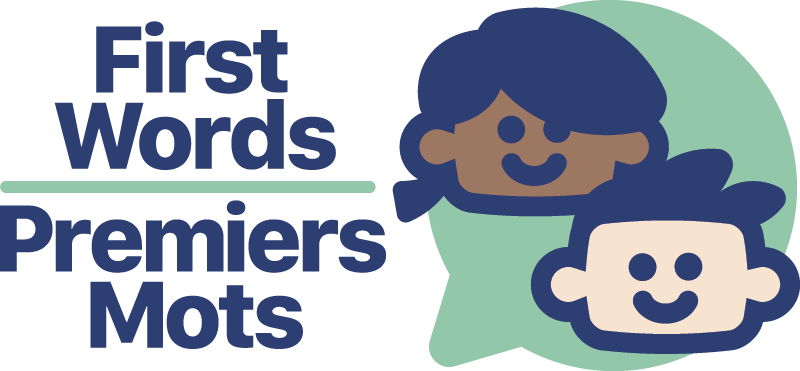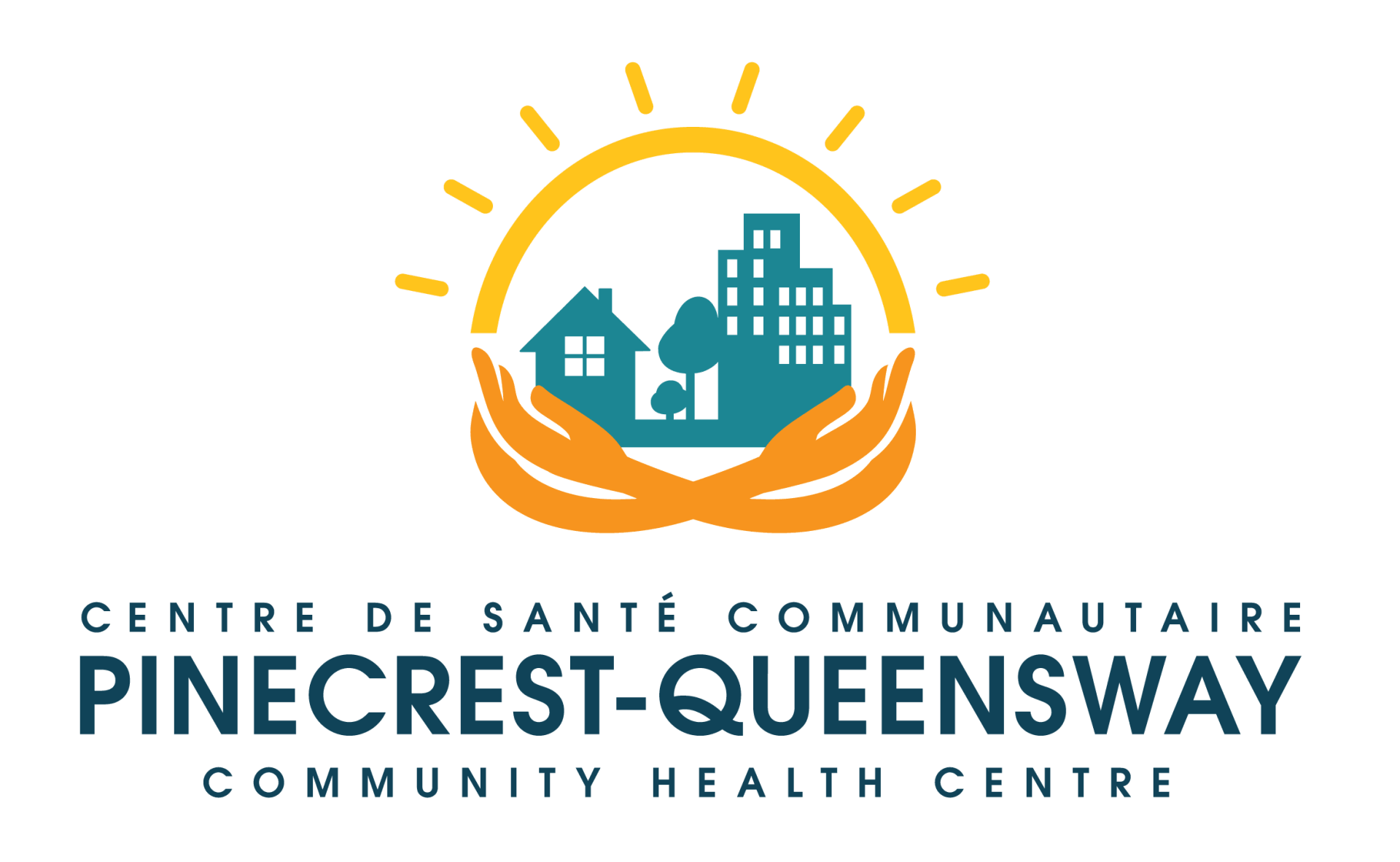Prevention, early identification and intervention of speech and language problems.
The Early Catastrophe: the 30 million word gap!
By age 3, children in more talkative families
will have heard 30 million more words than children in less talkative families – a 30 million word gap!

The brain develops most during the first years of life. Children’s early experiences have a big impact on their future ability to learn. Among many indicators of success, vocabulary growth comes out as a key predictor of a child’s success with reading and at school.
Hart & Risley showed that the number of different words children hear by age 3 is directly related to how well they can read at age 9. And the child’s future success is also linked to the amount of praise they receive.
- By age 3, children in more talkative families will have heard 30 million more words than children in less talkative families – a 30 million word gap!
- Children in more talkative families will also have received 400,000 more encouragements than children in less talkative families!
- By age 3, children from the most talkative and encouraging families scored approximately 25 points higher on IQ tests than children from the least talkative and encouraging families.
- These are lasting differences. Children’s scores on vocabulary, language, and school tests at age 9 showed a strong connection with their word use at age 3 and praise received.
Children’s experiences in the early years of life are pivotal for overall brain, language development, literacy readiness and many other skills linked to their future success in life (reading, making friends, staying in school, etc.).
To give children the best possible start with language, at school and in life, advise parents to :
- Talk to your child often.
- Praise your child often.
- Listen actively.
- Read to your child every day.
Learn more about “The Early Catastrophe: the 30 million word gap” article, and look for their book Meaningful Differences from Hart & Risley on the web.

First Words Preschool Speech and Language
Program of Ottawa and Renfrew County
1365 Richmond Road, 2nd Floor
Ottawa, ON. K2B 6R7
613-688-3979
Is your child meeting their milestones?
Sign up for an email reminder to
complete the Communication Checkup
at your child's next milestone.
© 2024
All Rights Reserved | Privacy Policy


